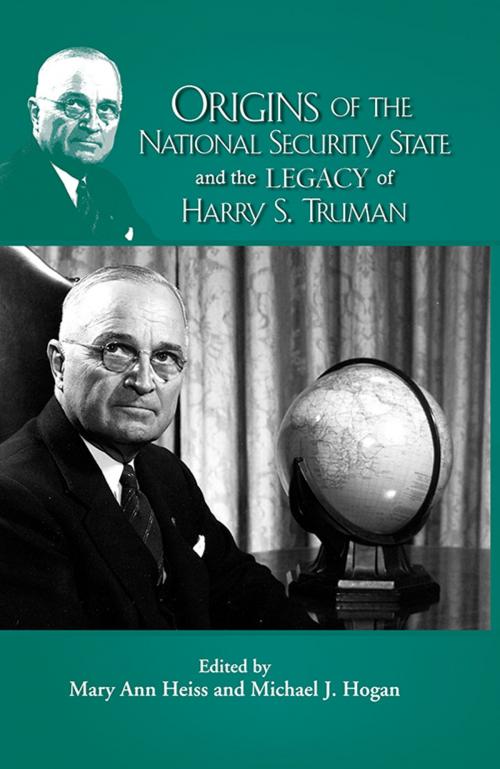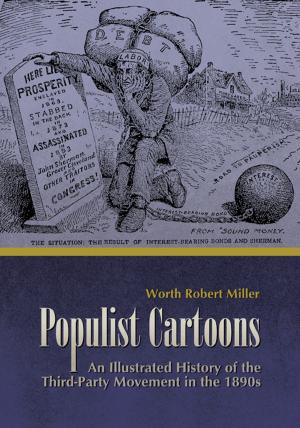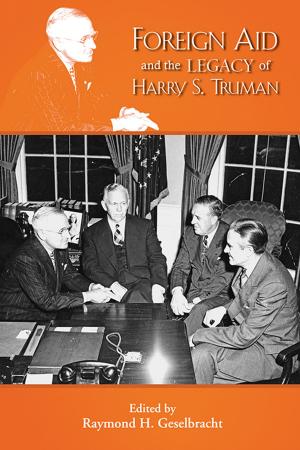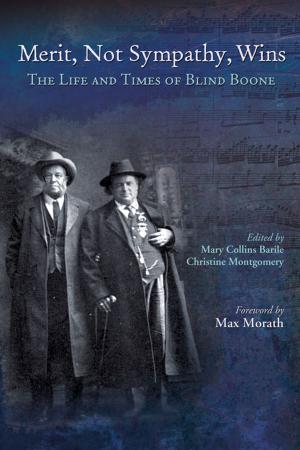Origins of the National Security State and the Legacy of Harry S. Truman
Nonfiction, Social & Cultural Studies, Political Science, International, International Security, History, Americas, United States, 20th Century| Author: | ISBN: | 9781612481258 | |
| Publisher: | Truman State University Press | Publication: | April 1, 2015 |
| Imprint: | Language: | English |
| Author: | |
| ISBN: | 9781612481258 |
| Publisher: | Truman State University Press |
| Publication: | April 1, 2015 |
| Imprint: | |
| Language: | English |
The Cold War profoundly transformed American society, perhaps most significantly through the development of national security institutions that are very much alive more than two decades after the end of the Cold War. The essays in this volume explore the highly charged political environment in which the national security state was created and assess its broader implications for society, both civilian and military. In the complex world of policy making, the executive and legislative branches of government, as well as the branches of the military, struggled with questions of control of national security institutions, constraints on presidential power and civilian control of the military, and long-term implications of policy decisions made in the uncertain postWorld War II years.
The Cold War profoundly transformed American society, perhaps most significantly through the development of national security institutions that are very much alive more than two decades after the end of the Cold War. The essays in this volume explore the highly charged political environment in which the national security state was created and assess its broader implications for society, both civilian and military. In the complex world of policy making, the executive and legislative branches of government, as well as the branches of the military, struggled with questions of control of national security institutions, constraints on presidential power and civilian control of the military, and long-term implications of policy decisions made in the uncertain postWorld War II years.















